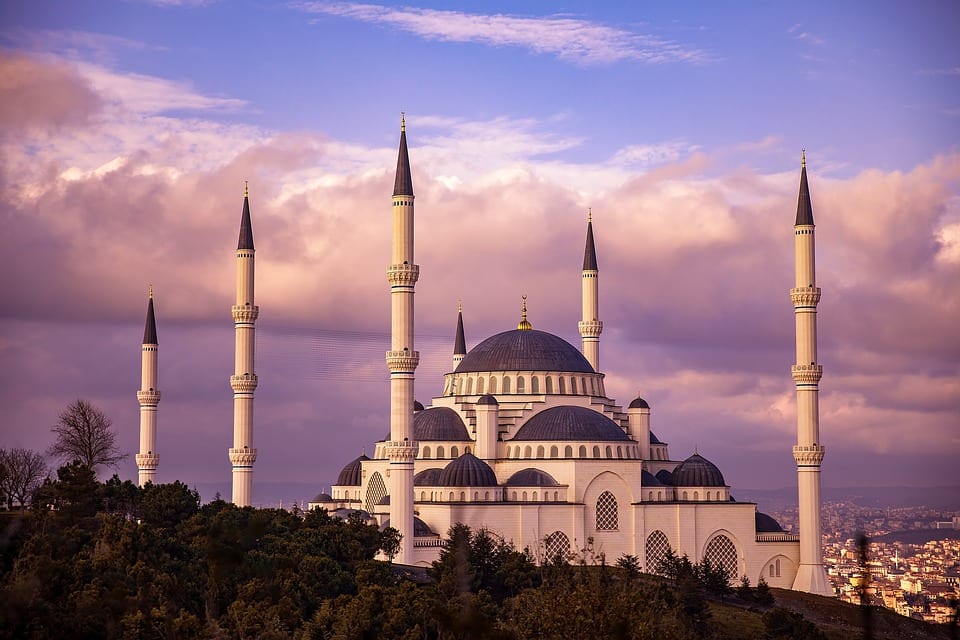Written by: Ray Rafidi, Senior Associate Director of the SMU Tower Center
Professor Heather Sharkey of the University of Pennsylvania spoke about Middle Eastern religious communities during the Ottoman Empire at the SMU Tower Center Jan. 24. The winding down of this empire in the wake of World War I saw the ushering in of other European colonial enterprises (French and British) into the region. To understand events in today’s Middle East, some background of this particular period in time is necessary. As the birthplace of the three monotheistic Abrahamic faiths, one can reasonably conclude that it is in fact crucial.
At its height, the empire encompassed an area that included north Africa, southeastern Europe, Anatolia (present-day Turkey) and the Near East. Its capital was Constantinople (Istanbul), and its rulers were Muslim. As with preceding Islamic caliphates that conquered much of the same territory, the ruling sultans largely tolerated religious minorities who came under their rule. These minorities were primarily Jews and Christian Arabs, though others such as Zoroastrians and Yazidis were present. Initially, these subjects were free to organize and practice their own faith traditions as long as they didn’t attempt to convert Muslims. By contrast, they were free to convert to Islam and, in some cases, some did through force. This relative freedom for non-Muslim subjects (dhimmi)was regulated through the collection of taxes (jizya) from them. The rights and privileges under this system were eventually canonized into Islamic jurisprudence as the Pact of ‘Umar.
There were certainly periods during the Ottoman Era where everything was highly-regulated to differentiate the religions. This inevitably led to resentment and clashes between the rulers and the ruled. Reforms were made in the 19th century that generally improved relations, and that lasted until the empire’s ultimate conclusion in the early 20th century.
Today, we see these same minorities facing similar issues of secondary citizenship and some degree of persecution by the authorities. The difference is that the Ottomans and their subsequent colonial occupiers are now gone, and those territories are organized into largely autocratic states whose treatment of religious minorities is mixed. The one notable exception is the modern state of Israel, founded in 1948 as a Jewish homeland.
With the anti-Western rhetoric and zeal of groups such as ISIS, and their known disregard for any religious tradition other than its own narrow strand of conservative Sunni Islam, it is certain that Middle Eastern religious minorities would fare worse than they did under Ottoman rule were they to succeed in their endeavors.
